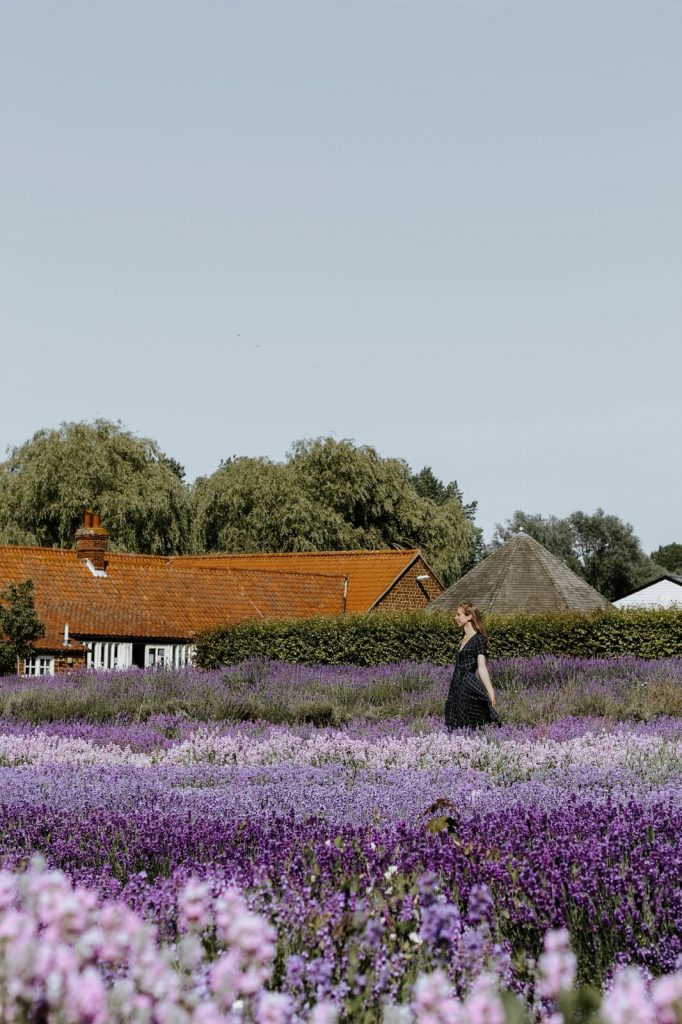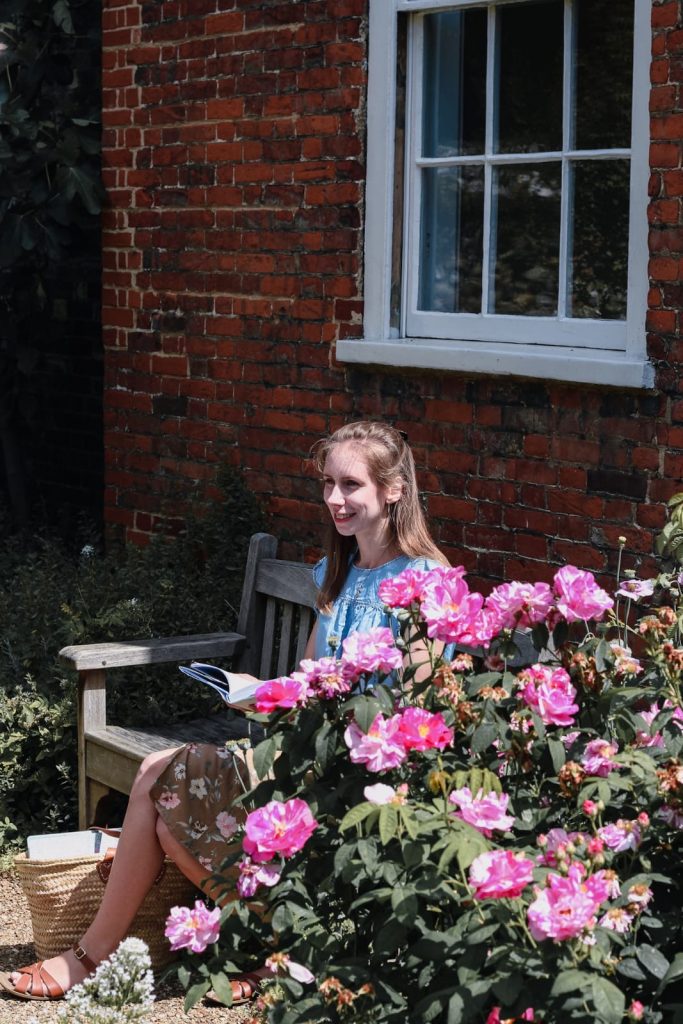
I want to live a life that has room for letter-writing and care packages, licking the bowl, afternoon naps, spontaneous trips to the sea, getting lost down little cobbled streets, and heart-to-hearts in cafes. I want to live a life that has room for sick days, late nights reading a book I just can’t put down, trips to town to choose new buttons for a vintage skirt, and long days spent researching a new project that’s got me all fired up.
To me, success means living a life of gratitude, of being awake to the beauty and meaning in these every day moments. It means being able to put food on the table, and then savouring that food. It means living in the knowledge that life is fleeting, and I don’t know how much time I have. It means being intentional about the choices I make with my time and attention every day, letting my intuition guide me, and working with the ebb and flow of my energy and the natural world around me.
This is what slow and seasonal living means. Not doing everything at a snail’s pace, not failing to meet deadlines. Not being lazy, unambitious, or having enough money to never have to work. It means working more wisely, not harder or longer. It means seeking balance, and treating rest as a necessity, not a luxury. It means walking the walk right now, rather than just talking about it as something I’d like to do one day, when I have more time or money.

Research shows that rest is vital, that it increases our productivity, profits, health, happiness, and creativity, that it helps us to find solutions to some of society’s biggest problems. And yet, we still worry that if we work less, we’ll earn less, progress slower, and have less of an impact. We push ourselves to the limit, burn out, get sick, feel dissatisfied with our lives, but keep going.
I truly believe that if we slowed down, if we collectively decided that we could do things differently than the model we’ve been taught to believe is necessary by a post-Industrial Revolution society that expects humans to function like machines, the world would change for the better. We’d feel more connected to each other, more fulfilled. We’d care better for our elderly relatives, for our kids, for each other, for ourselves, and for the planet. Our workplaces and institutions would naturally have room for a more diverse range of people, with different areas of genius. We’d be awake to life, rather than passing through it in an exhausted daze.
A society that values rest and leisure and strives to live in connection with the natural world and the seasons will help all of us to thrive, in our own ways. It shifts the power away from the strongest who can push push push their bodies to the max, doing more for longer without thought for the long term impact on their own bodies and souls, or the impact on others around them. In this context, embracing slow and seasonal living is a quietly rebellious act, an act that has the potential to heal so many deep wounds.
A while ago I spent some time working for a charity consultancy, and one of the questions we worked on was how to increase the number of women in the highest-paying positions of important organisations. What I learned was that a radical cultural shift is required, where employers are willing to look at gaps on CVs with an open mind—was the gap a result of the person looking after children, a sick partner, or elderly relatives? Did they take time out, or progress more slowly than they might have otherwise because they were volunteering, struggling with health issues, or something else? What do those gaps mean, on a deeper level than just slower advancement in their career?
Caring for others is not a quantifiable achievement the way that a job title or award might be, but these things can be signs of a passionate and thoughtful person who would be an asset to the work your organisation is doing. But, to ask these questions takes a lot of courage; it requires us to put our values over traditional metrics of success, and trust that we can find a new way to make it all work.
Over the coming year, I’ll be exploring what it means to run a successful business (by my own definition of success—one that supports my family, helps other people, and makes intentional room for life and rest) whilst embracing the slow living philosophy. I want to be brave enough to discover whether I can do less but earn more. One step I’ve taken recently has been to join The Wild Academy‘s year-long course and community designed to help small business owners learn how to do business in a way that nurtures rather than drains us.
I’ll be sharing my honest discoveries about living and working in a more seasonal, intuitive, slow way here on my blog and in my newsletter, and would love to hear your experiences, too. It’s hard to put aside the fear of earning less, getting less done, when you can’t afford to do that; how, on a practical level, do we embrace “slow living” when we have to pay rent/a mortgage/put food on the table/look after the kids? Despite these questions, and despite the fear, I can feel my body and mind crying out for change, so I’m choosing to listen to this deeper, wiser part of myself.
What does slow living mean in the context of running your own small business, and supporting a family? I don’t fully know, yet, but I’m excited to find out.
If you’d like to join me on this journey and learn about my slow living-friendly approach to growing an audience for your work online, you can get access to my free resource library and newsletter, Adventures in Slow Work & Creative Living, this way.
{Photos by the wonderful Jenny King, Notes to the Moon.}



Wonderful post, and I can really relate to so much here as a freelancer with an OCD streak who constantly worries about not doing enough. Which, ironically, just leads to burnout and even lower productivity.
I’ve been slowly learning that some days will just naturally be less productive, and the work won’t flow.. On those days, I try to vary my routine a bit and maybe try something different. That kind of flexibility has made me a lot more adaptable to change and also more likely to abandon tasks and routines that just aren’t working.